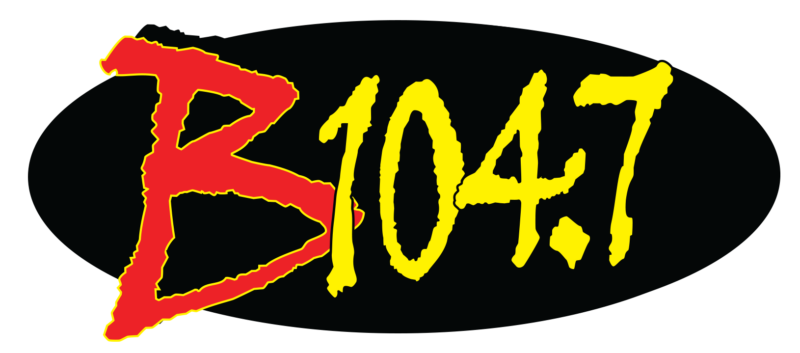Hotel occupancy rates
Fourth-quarter hotel occupancy rates for Manhattan are showing a clear dip when compared to past years.
Year-to-date occupancy through October stands at 42.6 percent, down from 64.3 percent in 2019. The month of October alone was down about 16 percent from this time last year.
Karen Hibbard, Manhattan Convention and Visitors Bureau director, told the Manhattan City Commission during a meeting Tuesday that the dip resulted in an approximately $1.3-million drop in revenue from the previous year.
“The revenue per room, year-to-date, is at $37.50, a loss of $27.45 compared to year-to-date October 2019,” Hibbard said.
Manhattan has also seen the economic impact of meetings and conferences during the fourth quarter drop from over $2.2 million in 2019 to about $125,000 this year. A notable loss was the annual Kansas Farm Bureau meeting, which Hibbard says is traditionally Manhattan’s largest conference of the year.
“Unfortunately, like so many other conferences, Farm Bureau had to make the very difficult decision to go virtual,” Hibbard said. “We look forward to the days when they will once again return to holding in-person meetings.”
Since the officials are still calculating fourth-quarter occupancy numbers, some statistics are only available through October of this year.
In addition to the numerous cancellations of conferences and meetings, Aggieville will not host its annual Little Apple New Year’s Eve Ball Drop this year.
Labor-force size
Manhattan had a labor force of approximately 45,000 people in October, the highest figure since March.
However, Jason Smith, Manhattan Area Chamber of Commerce president and CEO, says this number is down from October 2019.
“There are 2,000 fewer people working today compared to the same point as last year,” Smith said. “Compared to our peers, we are performing below standards.”
Smith presented these numbers to the Manhattan City Commission during an end-of-year report Tuesday.
Despite the bad news, officials highlighted that over 170 CARES Act grants totaling about $2.5 million were distributed to Riley County businesses and organizations.
In addition, the City of Manhattan issued 84 emergency loans worth a total of over $372,000.
Diversity, Equity and Inclusion Task Force
The Manhattan City Commission approved the establishment of a Diversity, Equity and Inclusion Task Force Tuesday in a 3-to-1 vote with one commissioner abstaining.
Commissioner Mark Hatesohl, the lone vote in opposition, says he doesn’t see people as different based on race or sexuality and that the task force may be more divisive than unifying.
“I guess that’s the difference between me and some of the other native Kansans is that we’re not racist by nature,” Hatesohl said. “We don’t see people differently simply because of their color. Things like this, I don’t really think, bring people together as much as it keeps people separated.”
Mayor Usha Reddi supported the measure, saying the task force will help make the commission more aware of the needs of certain populations.
“These are families that live here, these are families that work here, these are families that pay taxes, so they are contributing to the economy as well,” Reddi said. “But often times, I feel we can do better as Manhattan to make it more welcoming and inclusive for them as well.”
Commissioners Linda Morse and Aaron Estabrook supported the creation of the task force while Commissioner Wynn Butler abstained from voting due to his belief that the meeting agenda did not make such an action available.
Despite Butler’s reasoning, the publicly-available agenda did state that the commission could make a “motion regarding possible future actions or intent.”
Housing Advisory Board
The Manhattan City Commission discussed Tuesday the role the soon-to-be-established Housing Advisory Board will have going forward.
Butler says he wants the board to focus on workforce housing.
“It does not need to get sidetracked in trying to set up a zoning, changing of codes, stuff like that,” Butler said. “We’ve got other people that deal with that. They need to stay out of that. I also don’t think they should be getting into things like rental inspections.”
Reddi says she wants the board to look at a broad range of people when discussing housing programs.
“Anybody that has a job and wants to get a house in the city of Manhattan, there should be a path forward for them,” Reddi said.
With the recent passage of a 0.5 percent sales tax potentially making about $6.5 million over the course of ten years available for housing initiatives beginning in 2023, the housing board could have a significant role.
In other Manhattan City Commission news:
- The commission approved the use of dining platforms located downtown for 2021 and waived the associated $250 fee.
- The commission approved the use of sidewalks and streets for retail and food sales in addition to sign displays and waived associated fees.
The post City receives hotel-occupancy and labor reports; approves Diversity, Equity and Inclusion Task Force appeared first on News Radio KMAN.

